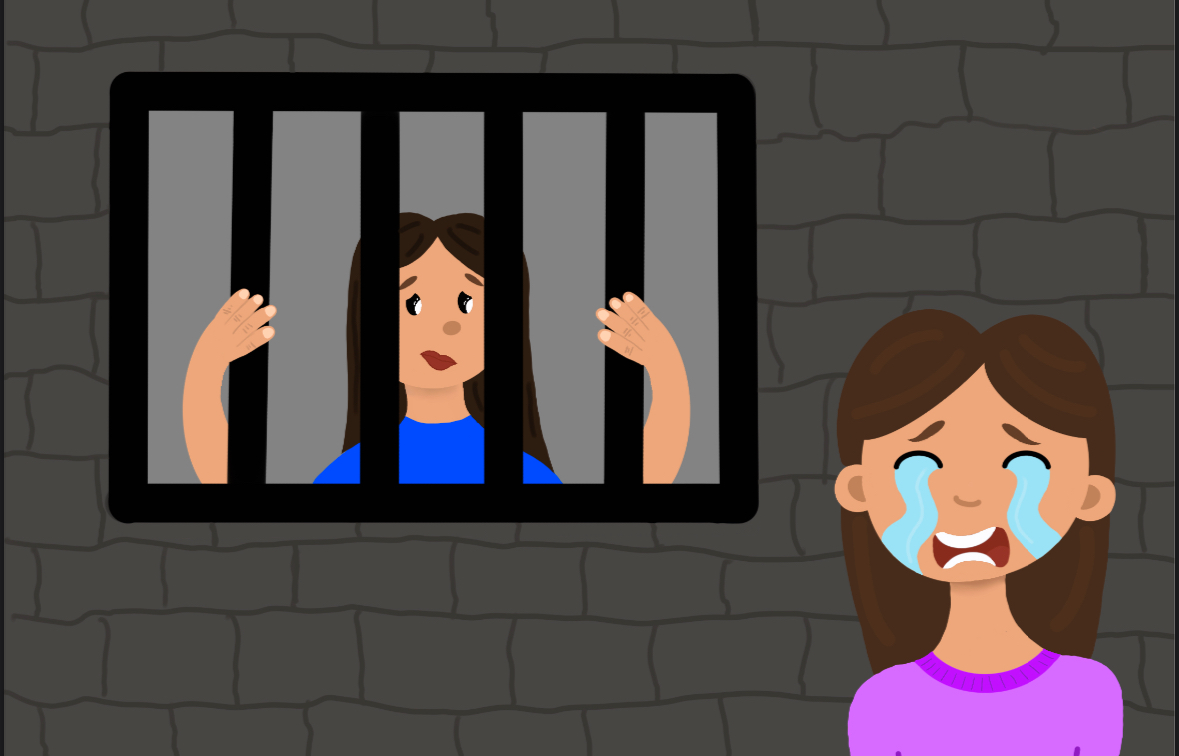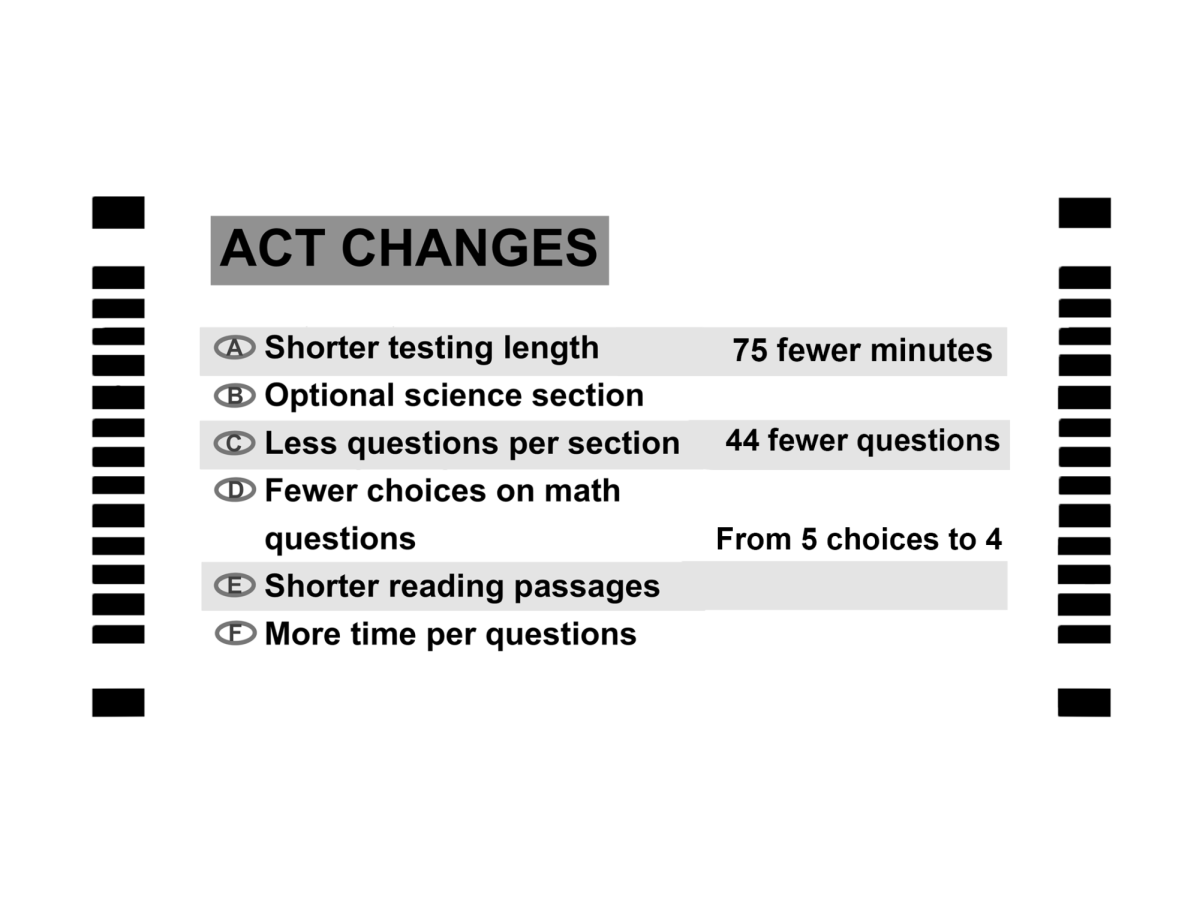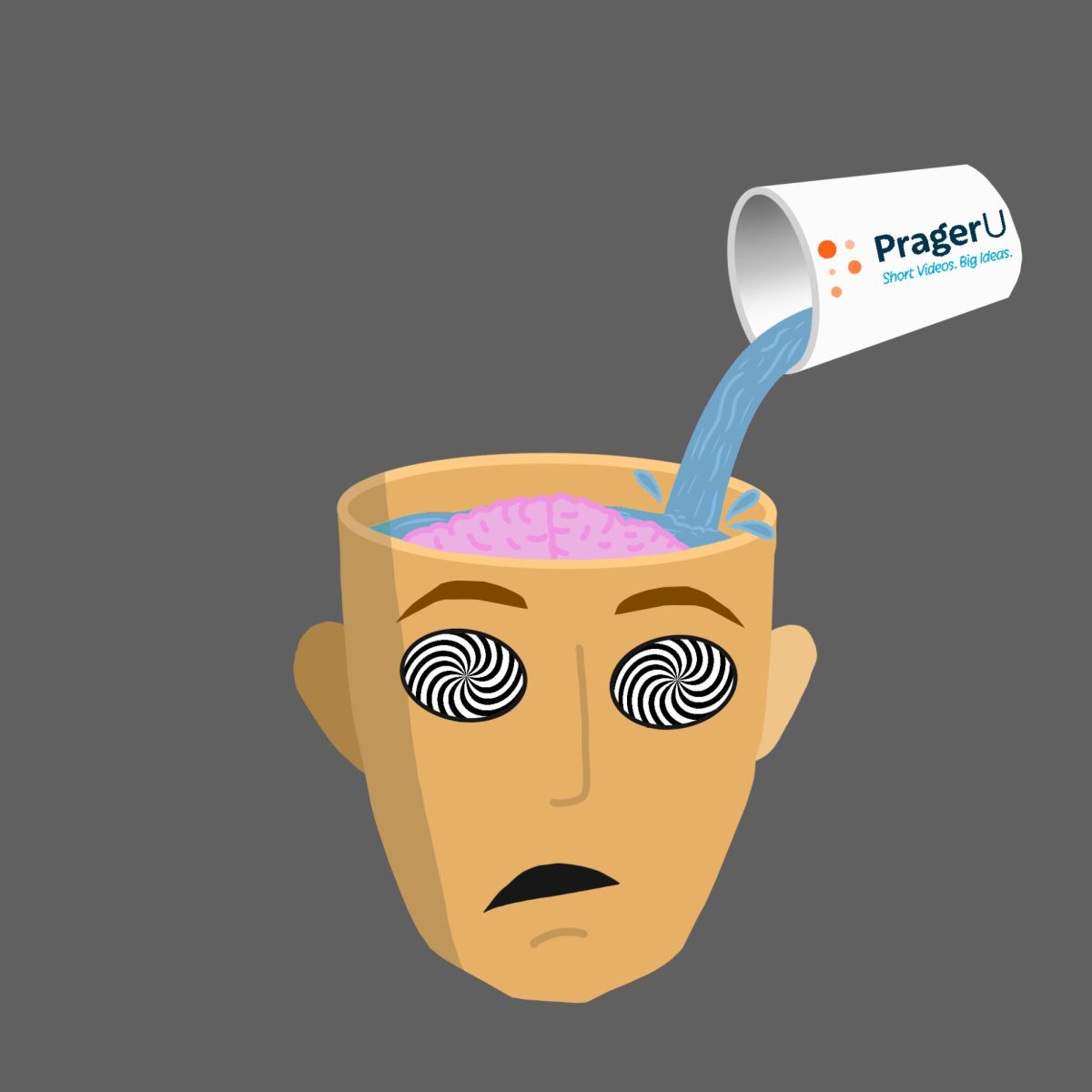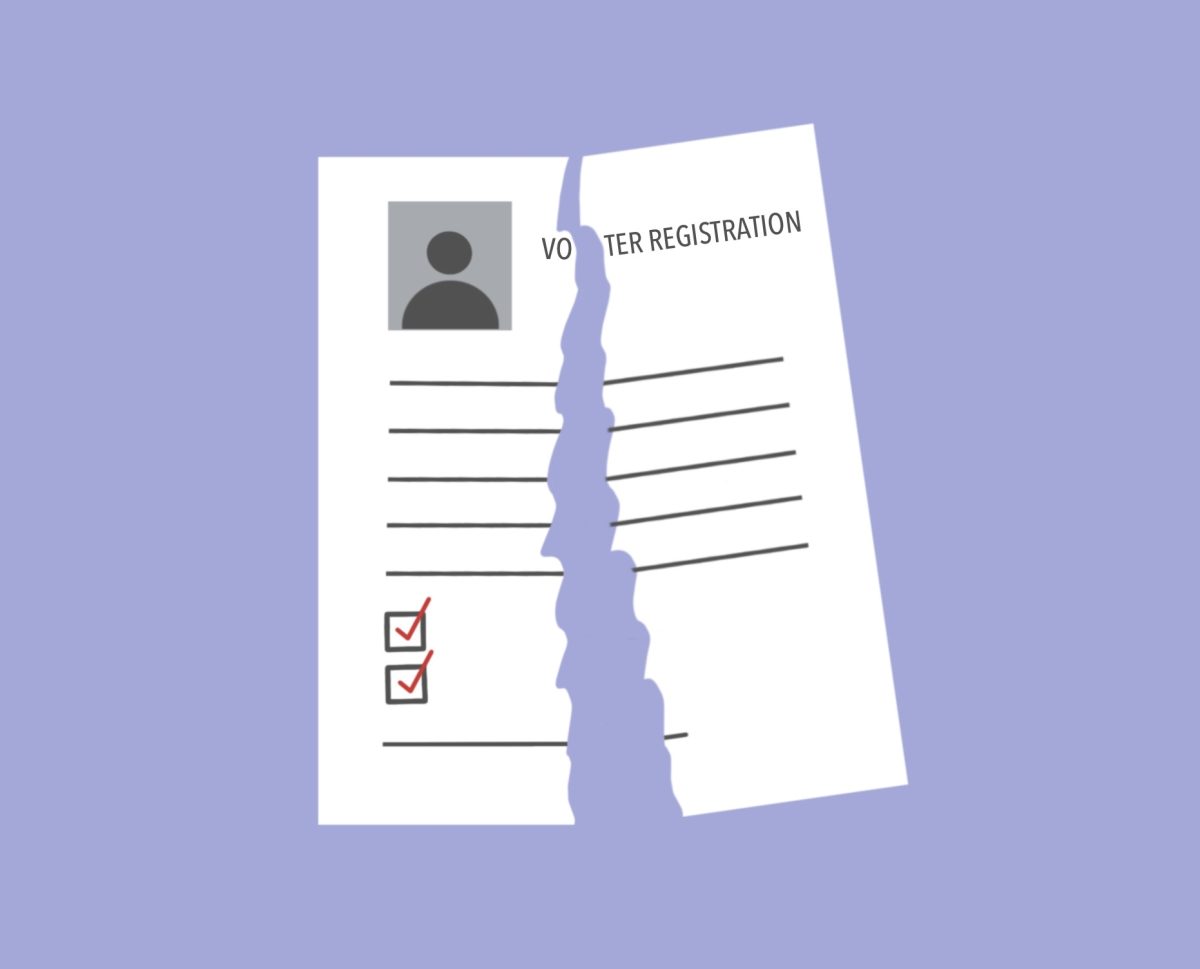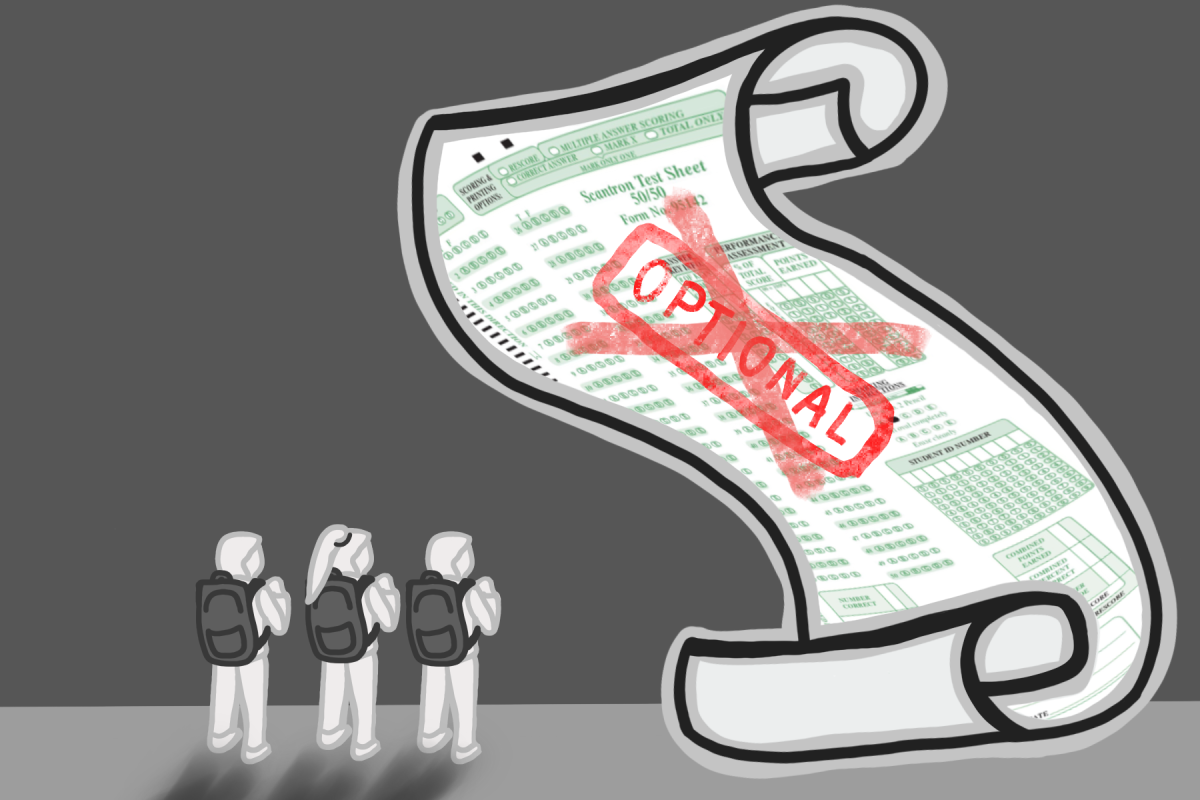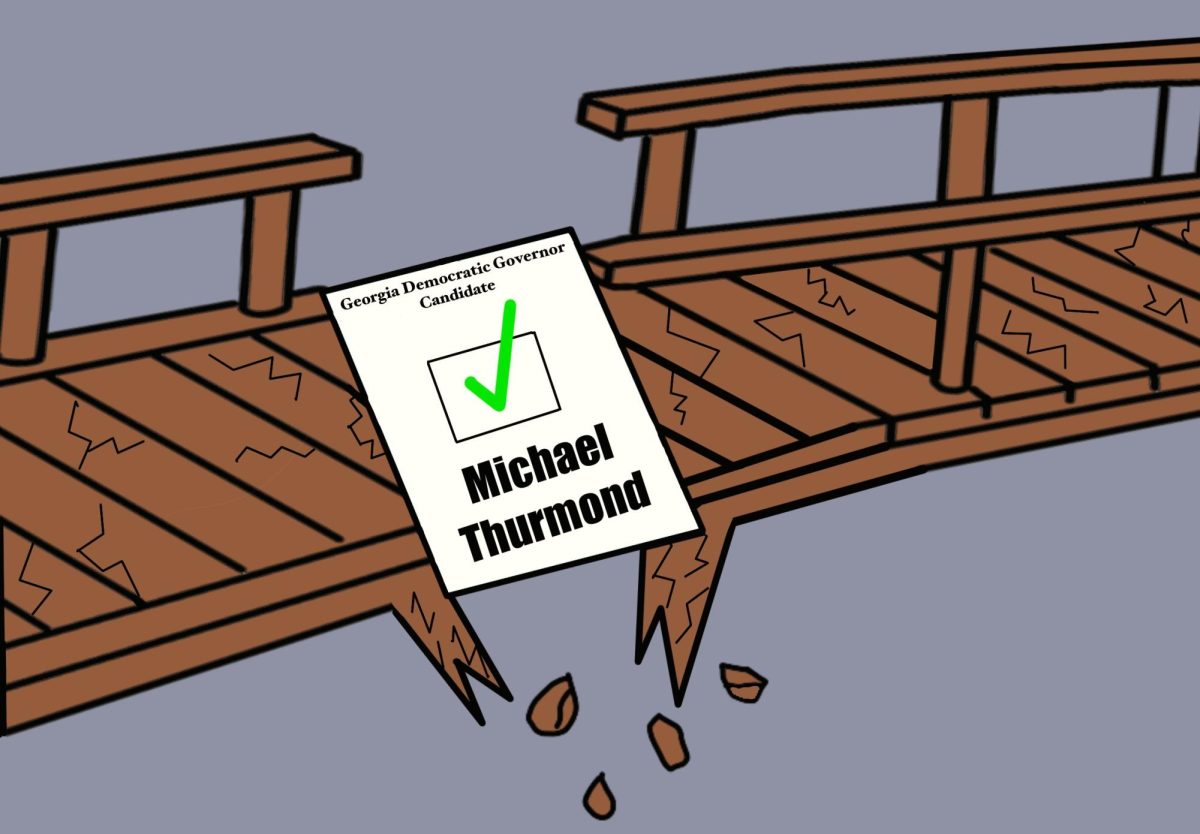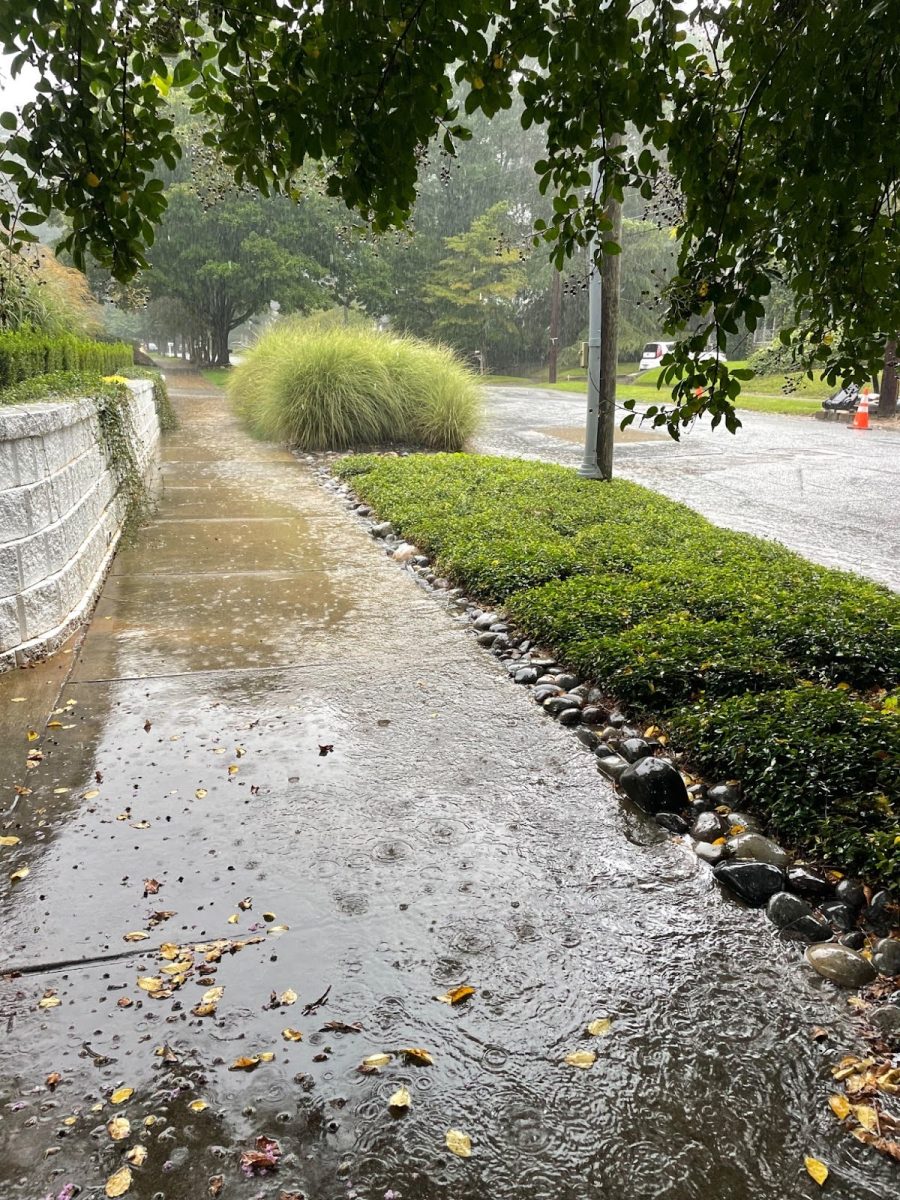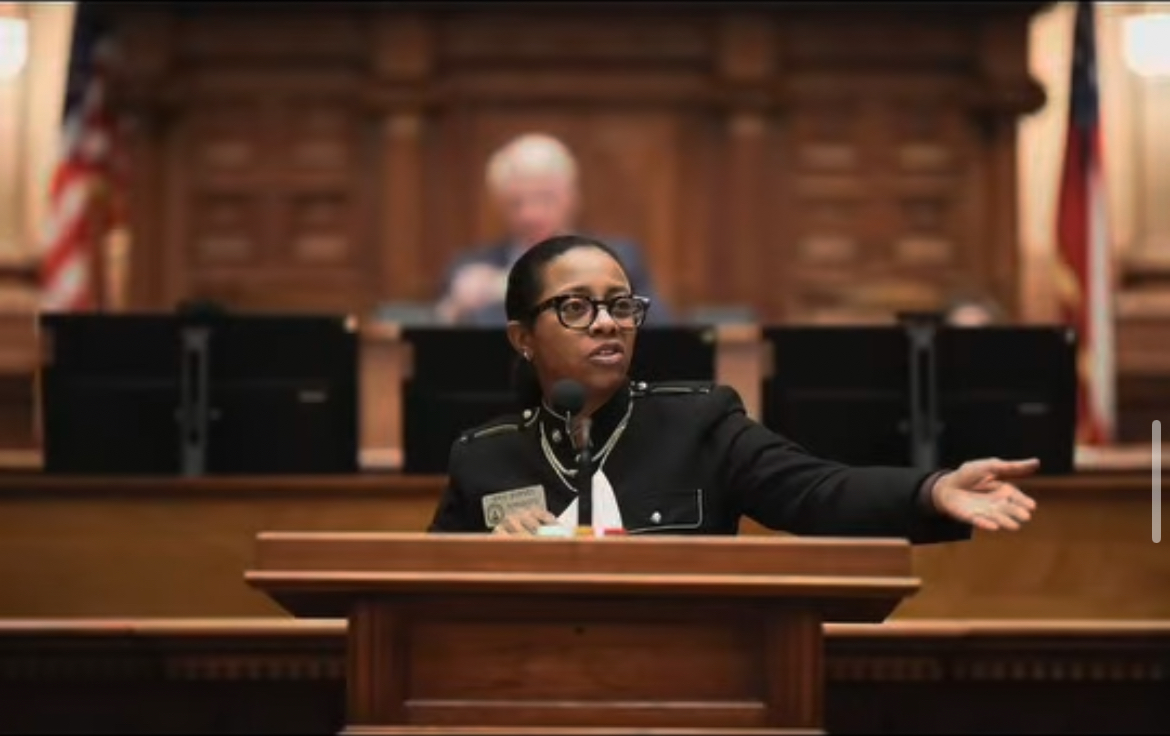The Georgia Federation of Teachers has proposed legislation that could transform disciplinary action in Georgia’s public schools. The Parent Accountability Act would allow parents to be held legally accountable if their child assaults a teacher.
GFT President Verdailia Turner said parents should be held accountable for their children’s violence at school.
“When a child strikes a teacher, it is a reflection of the lessons learned, or not learned, within their own household,” Turner said. “If we fail to address this accountability, we risk normalizing violence and undermining the authority of educators.”
A WSB-TV survey found 66% of 1,000 Georgia teachers surveyed had experienced violence from a student at least once. Midtown parent and Atlanta school board candidate Aisha Allen Stith said it’s very important to prioritize teacher safety.
“I completely empathize with a teacher who walks into the classroom and is assaulted,” Allen Stith said. “I don’t want to skip over that because you must be fearful after that point. Will it happen again? Is this a pattern of behavior that will spark outrage in other kids?”
However, Allen Stith argues the proposed parental consequences: fines, required community service or jail time, are unproductive.
“I would not like to live in a place where a child could have a mental health disorder or could have serious anxiety or whatever causes that kind of rage, and there could be the best parent in the world trying to work under extremely difficult circumstances, and then that parent faces jail time,”Allen Stith said. “I mean, I don’t see in what scenario that would help the child who has had the violent tendencies.”
Not only is student violence raising fear in teachers, it’s concerning to other students. Aggressors take up class time, affecting not only a student’s comfort in the classroom, but also their learning.
“If someone was being aggressive, I would feel pretty unsafe, because what if they became aggressive to me?” sophomore Elise Goran said. “That would scare me. I feel like it would turn into me learning badly that day.”
In addition to legal repercussions for parents, the act calls for preventative measures, including de-escalation training for staff, parenting classes for guardians of repeat offenders and required mental health screeners for middle school students. Allen Stith said she would support legislation that proposed more supportive measures and did not include punishments for parents.
“Maybe there are some parenting courses that need to take place, and I don’t think that that is a negative thing,” Allen Stith said. “I mean, the parent may be reluctant, but I think anyone would come out of a parenting class with some more skills. That might be an answer – if the Parent Accountability Act started and ended with that, I think it would be more palatable for people like me who are concerned with the language that they’re using.”
While parents can influence their children’s actions, lawyer and Midtown parent Sarah McCormack said she doesn’t think parents should be held legally accountable for their children’s actions in school.
“There’s kind of this hard thing about if you’re going to hold parents accountable for how their children behave,” McCormack said. “It sort of feels to me like an extension of this idea, at what age can you hold the child accountable? And that’s why there’re juvenile detention centers and that are different from jail. The idea is that a child who commits a crime when they’re younger doesn’t really understand what they’re doing, so the punishment should be lighter. I just have questions about why they’re trying to create liability like this.”
Allen Stith said punishments for parents will be not only harmful to the household, but ineffective at changing students’ behavior.
“It just does not work in the way that they are selling it,” Allen Stith said. “It doesn’t make the child say, ‘oh my goodness, my mom has now gone to jail, and now I’m going to get up and walk completely differently tomorrow.’ I wish it worked like that. It typically does not.”
On the other hand, junior Rowan Wang said this possible act will change students’ behavior.
“A lot of students who tend to act out towards teachers act out because they don’t respect them,” Wang said. “I feel like, if it has possible repercussions on their parents, the students’ behavior might change because most students respect their parents more than they respect their teachers.”
McCormack highlights the reason she thinks children act out – social inequality. She said providing greater social support systems in our society would help children feel more stabilized.
“I think it’s a weird way of addressing a social problem,” McCormack said. “It’s sort of like making people feel better, that they can punish parents for the bad acts of children, without getting at the real reason why the children are acting badly to begin with, which probably has to do with classism and social inequality. And, so, instead of dealing with social inequality, we’re going to try to punish the parents instead.”

